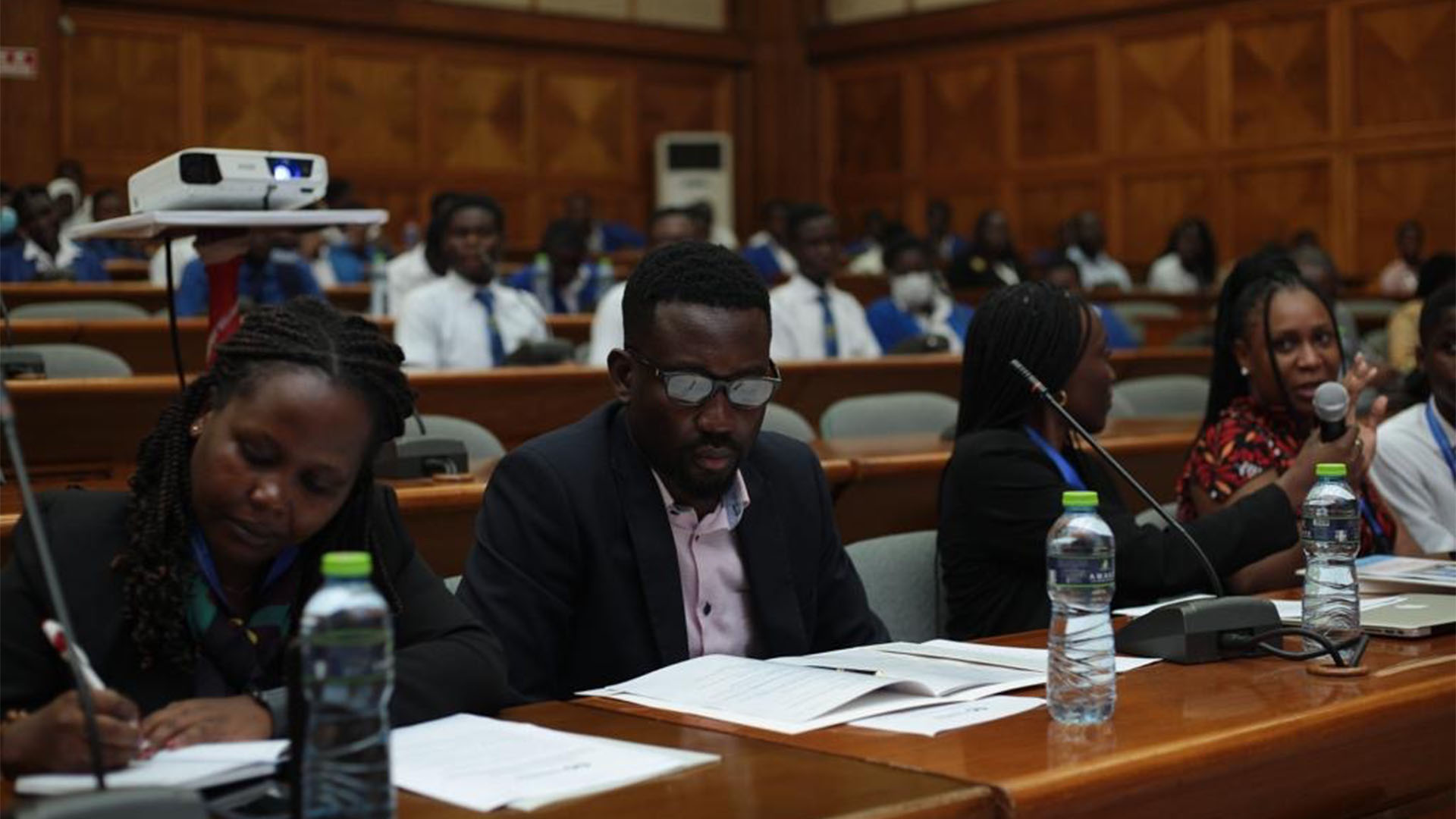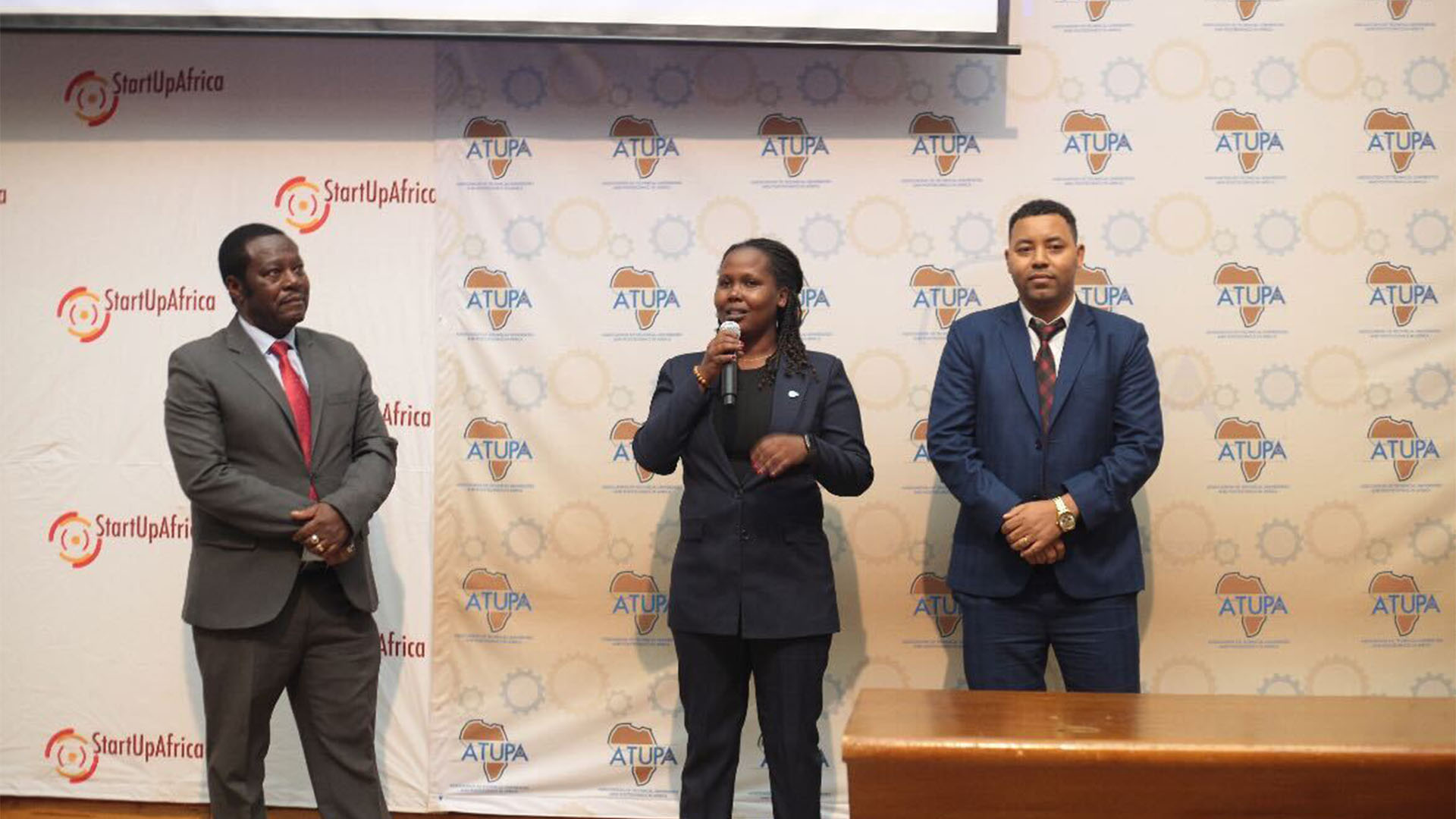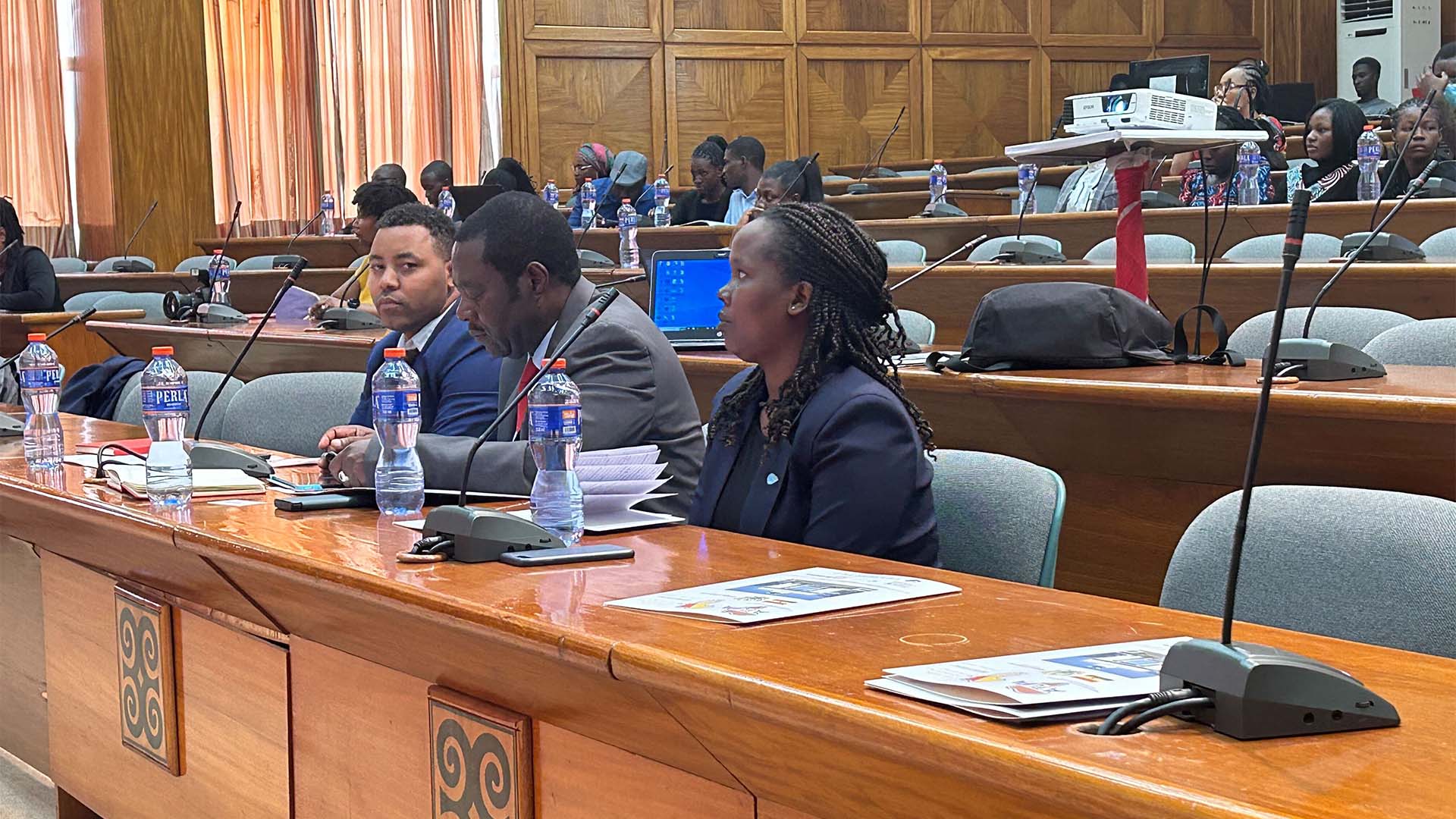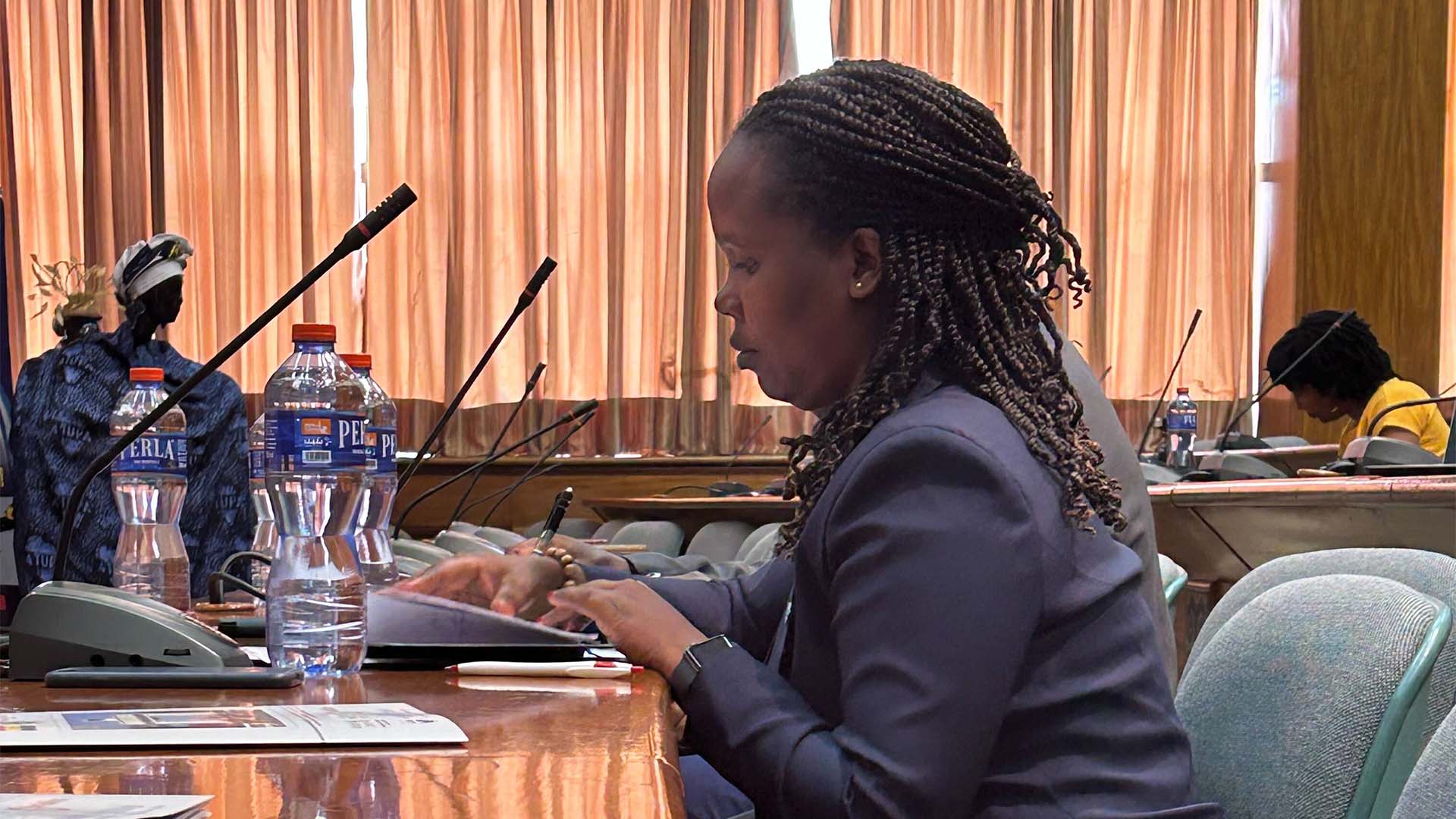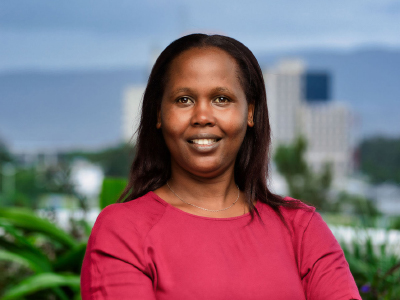Technical and Vocational Education and Training (TVET) colleges in Africa prepare students to enter the workforce in high-demand, skilled jobs. However, some students dream not only of being employed, but of starting their own businesses and using their training to research and develop new technologies that meet needs in their communities. These entrepreneurial pathways require additional skills, including the ability to communicate the founder’s vision and persuade partners, investors, and customers to support their business. Aspiring entrepreneurs can hone these skills in pitch competitions, such as the StartUpAfrica Innovation Olympiad, where students receive mentoring and the opportunity to compete for cash prizes. I was fortunate to attend the 2023 Innovation Olympiad in Accra, Ghana, as a mentor and a judge for the competition, where I met many inspirational students and other partners who shared with me their roles in supporting agricultural and technical entrepreneurship in Sub-Saharan Africa.
StartUpAfrica is an innovation hub that brings together students from different countries across Africa to showcase their business ideas and technical solutions, while exchanging knowledge and collaborating with key players in the entrepreneurial ecosystem. Engaging students in entrepreneurship training is important to stimulate economic growth; Sub-Saharan Africa has the youngest population in the world, with 70% under the age of 30 (UN).
StartUpAfrica (SUA), based in Nairobi, Kenya, was founded by Erastus Mong'are in 2011. He was motivated by the issue of youth unemployment and realized that one solution is for young people to start their own businesses, to be job creators rather than job seekers. SUA works with the Association of Technical Universities and Polytechnics in Africa and the Ministries of Education from various African countries to select schools and universities to participate in the SUA annual Innovation Olympiad, a student pitch competition.
In September 2023, I had the opportunity to hear and engage with students from across Sub-Saharan Africa, including Ethiopia, Ghana, Kenya, Nigeria, and Zimbabwe, as they presented their innovative business ideas. As a judge, it was challenging to select a winner, as all the participants demonstrated winning attributes, including creativity, commitment, and excitement for their ideas. Students presented about different domains, including agro-processing, animal husbandry, communications, and electronics. Students were given 5 minutes to pitch their ideas to a panel, and then the judges could ask questions. Most judges questioned the teams to ensure students understood their business model, including what value the business would provide and to whom, and how this value could be used to generate revenue. I loved how the TVET students expressed their public speaking skills while pitching their ideas. One example of a business idea presented was a team from Kenya Keprel’s farm who are using a locally made plastic basin with a small solar panel as an egg incubator.
Lessons learned
Students are brimming with creativity and ideas, which can flourish if they have an advocate to empower them. Several of the students, especially those from TVETs, that I spoke with mentioned that they succeeded in their project because their teachers and mentors followed-up on them, even after school. Higher education technical colleges can instill an entrepreneurial mindset that young professionals can be job creators instead of being job seekers. TVETs play a key role in providing skills to students that enable them not only to be competent on job market, but, more importantly, to create solutions for their communities. These technical colleges are also inclusive, encouraging and supporting young women to bring their ideas to the table and not be left out. This training and inclusivity make TVETs excellent grounds for innovation and entrepreneurship.


